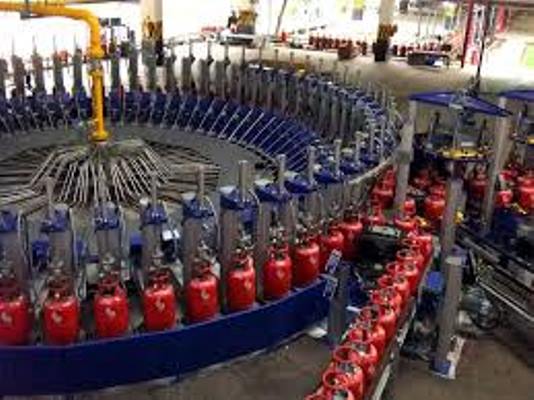
The Securities and Exchange Commission (SEC) says the current COVID-19 pandemic calls for urgent diversification of the nation’s economy.
Ms Mary Uduk, SEC Acting Director-General, stated at the Capital Market Correspondents of Nigeria (CAMCAN) forum, sponsored by the commission in Lagos.
Uduk, represented by Mr Okey Umeano, SEC Head, Office of the Chief Economist, said the present consequences of COVID-19 was a wake-up call for Nigeria to truly and quickly diversify its economy.
“The current COVID-19 pandemic, with its dire consequences on our economy, is a wake-up call for us to truly and quickly diversify the economy.
“This can only happen if we as individuals, institutions, operators and the media work together in the true belief that mutual help is the best form of self-help,” she said.
Uduk noted that the world as a whole had a common challenge as posed by globalisation.
The director-general stressed the need for the country to work out a framework that would enable it gain and prosper from challenges of globalisation.
She, however, commended the Federal Government and the Central Bank of Nigeria for interventions aimed at cushioning the effects of the Coronavirus on the economy.
Speaking on Collective Investment Scheme (CIS) or Mutual funds, she said the size of the fund in the capital market was expected to hit N1.5 trillion before the end of the year.
CIS, also known as Mutual Funds, is an arranged pool of funds managed on behalf of investors by a professional money manager.
The professional money manager may invest in ventures capital, portfolio of stocks Bonds and other securities.
Uduk said SEC was setting up more strategies to develop the mutual fund segment in the Nigerian capital Market.
She stated that the segment, which currently stands at N1.2 trillion, was growing and urged retail investors to use the funds as a means to access the market.
“In any advanced market, the Collective Investment Scheme form a very big part of the market.
“We at the commission have discovered that some of the investors who lost their savings during the crisis in 2008 are low on confidence.
“That is the reason why we are encouraging retail investors to go through these mutual funds because they are set up and approved by capital market operators and the SEC and the SEC regulates them (operators).
“Currently the size of the segment stands at N1 trillion but we expect it to grow much higher.
“So we are urging retail investors and high networth investors to use the mutual funds route to enter the market,” Uduk said.
Corroborating her views, Divisional Head, Economic, Research and Policy Management, SEC, Dr Afolabi Olowookere, noted that the commission expects to see a significant rise of N1.5 trillion or N2 trillion in mutual funds.
Olowookere noted that about 480,000 investors had keyed into the investment segment.
“We still expect that size to get to N1.5 or N2 trillion and the reason is because it provides an avenue for retail investors to buy.
“The mutual fund may not have very high return, but definitely it won’t have low return.
“With the SEC at the forefront of financial inclusion, we are pushing collective investment scheme, because it brings some form of stability for investments.
“The number of units of account in that segment currently stands at 480,000 investors and it would likely increase”, he said.














